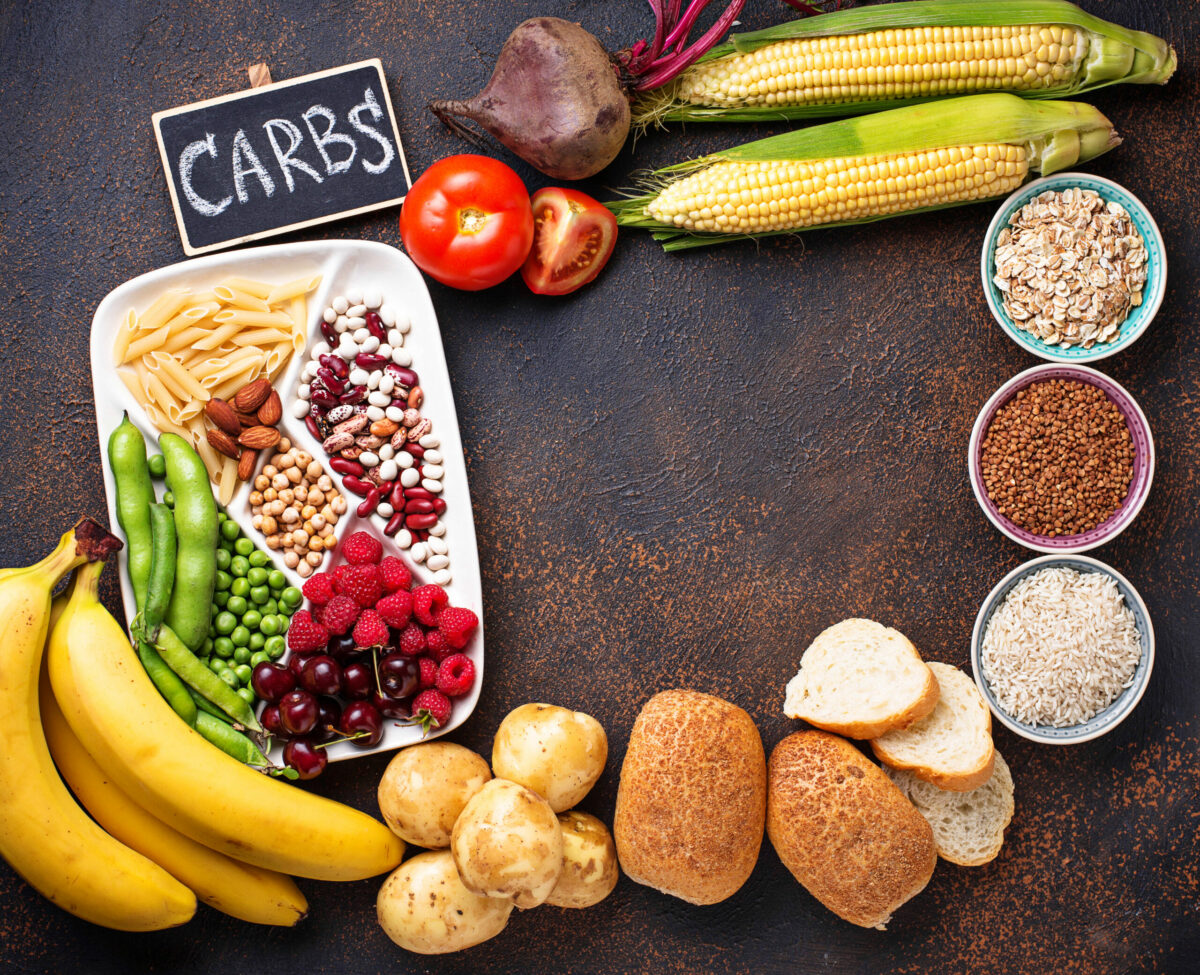Most of us prefer to use the gym when we are looking to gain muscle mass. Do we frequently meet questions about how to build muscles effectively? Maybe we can find the answer in our lifestyle, nutrition, and the intensity of the workouts.
If you are trying to build muscle mass you should understand what muscle build is. The act of building muscle, or causing intentionally to grow muscle mass through training resistance, is assigned to muscle hypertrophy.
Muscle Hypertrophy (MH)
The adaptation of the muscles, when continuously exposed to high-intensity workout forms is required. Therefore, it leads to the increased size of the muscle fiber, length, and diameter. MH is the process that gets our muscles larger through high-intensity workouts. Heavy training is an important factor in increasing muscle mass over time.
Another important factor is to have a strategic plan and healthy nutrition for your workouts that will give you the desired results. In case, you are following your strategy most of the time, you don’t need to spend many hours in the gym. Eat your favorite meals, as well as have fun. However, you need to create a plan for muscle build, which will perform your purposes and needs.
Check below 10 tips that will help you strategically build muscle, no matter whether you are a beginner or advanced bodybuilder.
Boost Muscle Building
Protein synthesis is a process, in which the body stores the protein and helps you to increase muscle mass. Thereby, protein reserves are used for other processes such as making hormones. That’s why the body retains less protein that is needed for building muscle. To avoid that process you need to administer new protein faster than your body is burning old proteins.
A study in the Journal of Applied Physiology confirms that your body cannot assimilate more than 1 gram of protein per pound of weight in one day. For example, a 160-pound man needs to eat 160 calories in one day. These calories can be consumed from 8oz chicken breasts, a roast beef sandwich, 2oz of peanuts, a glass of milk, two eggs, and 1 cup of cottage cheese. Other daily calories should be divided equally between fats and carbohydrates.
Improve your Amount of Meals
Alongside protein, for building muscle mass you need more calories. Using the formula below you can calculate the number of calories that you need for 1 pound of muscle in one week. By the way, if you don’t have improvements in your muscle mass you need to eat 500 more calories a day.
A: Your weight in pounds.
B: To get your basic amount of calories, multiply A by 12.
C: To estimate the resting metabolic rate you need to multiply B by 1.6 (that are burned calories without training).
D: Multiply the time (minutes) that you are lifting weights per week by 5 for strength training.
E: Thereafter, multiply the time (minutes) that you are playing sports, cycling, and running by 8 for aerobic training.
F: Add D and E, and split by 7.
G: To get your daily calories add F and C.
H: You need to add 500 calories to G, this is the daily calories that you need to build 1 pound of muscles per week.
Work Hard
If you want to gain muscle mass, you need more workouts to challenge your body. One way is through multi-joint movements. If you want to do workouts that challenge multi-joints and muscles at the same time you can do, for example, a dumbbell row.
All row repetitions challenge abdominal muscles, lats, and biceps. When you are using groups of muscles it leads to lifting an increased weight, which may be the main stimulator of growth. Multiple joint movements can play a key role in your workouts.
There are some exercises, which can stimulate multiple groups of muscles to grow. For example pullups, deadlifts, bench processes, and squats.
Heavy Workout
Heavy training can help you to build muscle mass and strength. Therefore, heavy training, efficiently and safely, has many health benefits. Training heavily also affects the muscles eccentrically as well as concentrically. Heavy training doesn’t mean you need to do 10-15 repetitions on an exercise. For multi-joint moves such as deadlifts, squats, and bench processes you can do 5 repetitions. These types of workouts allow you to increase your lift weights, which leads to building more strength. Thus, over time you’ll be able to lift heavy weights for more repetitions.
Not Necessary Always to Go Hard
Our body needs movement every day. You should be careful because you shouldn’t get fatigued after your workouts. It is recommended to check your workout plan because after training you should feel good, not dead. In addition, your body needs to recover because when it recovers your muscles are growing. Limit your training plan to three times per week if your body gets into exhaustion. However, overtraining may lead to the unproductive growth of muscles.
First Have a Drink
According to a study at the University of Texas, bodybuilders who administer a shake that contains amino acids and carbs before training helps to increase their protein synthesis more than bodybuilders who administer the same shake post workouts. That shake contained 6 grams of protein and 35 grams of carbohydrates.
According to research at the University of Texas in Galveston, consuming a shake containing protein and carbs before training may lead to increased assimilation of the amino acids in the muscles. Despite that, it also increases blood flow to your tissues during training.
For the right shake, you’ll need between 10 to 20 grams of protein. If you can’t drink shakes you can replace it with a sandwich that contains a slice of American cheese and 4oz of deli turkey on wheat bread. However, shakes are the better choice because liquid meals are assimilated faster. Administer one drink between 30 to 60 minutes before training.
Eating Carbohydrates Post Workouts
A study shows that you will recover faster on your rest days if you are eating carbohydrate meals.
Eating carbohydrate meals after training increases your insulin levels, which lowers the rate of protein breakdown. Check below some examples of food:
- Peanut butter
- Sandwich
- Banana
- Sport drinks
Have a Meal Every 3 Hours
You can limit your body’s production of new proteins if you are not eating enough calories. One way is, to divide by 6 the number of calories that you need to administer in one day and you will know roughly the number of calories that you need to eat at every meal. Every three hours you need to eat approximately 20 grams of protein.
Ice Cream Snack
According to research in the American Journal of Clinical Nutrition, eating ice cream post-workout can increase your insulin levels better than other foods. It will help the body to decrease the breakdown of protein after training.
Drink Milk Before Bed
Before you go to sleep you should eat a meal with protein and carbohydrates. The calories are more likely to be maintained in the body during sleep and also help to reduce the breakdown of the protein. When you wake up try to consume again a cup of skim milk with a cup of raisin bran or a small bowl of fruit combined with cottage cheese.




